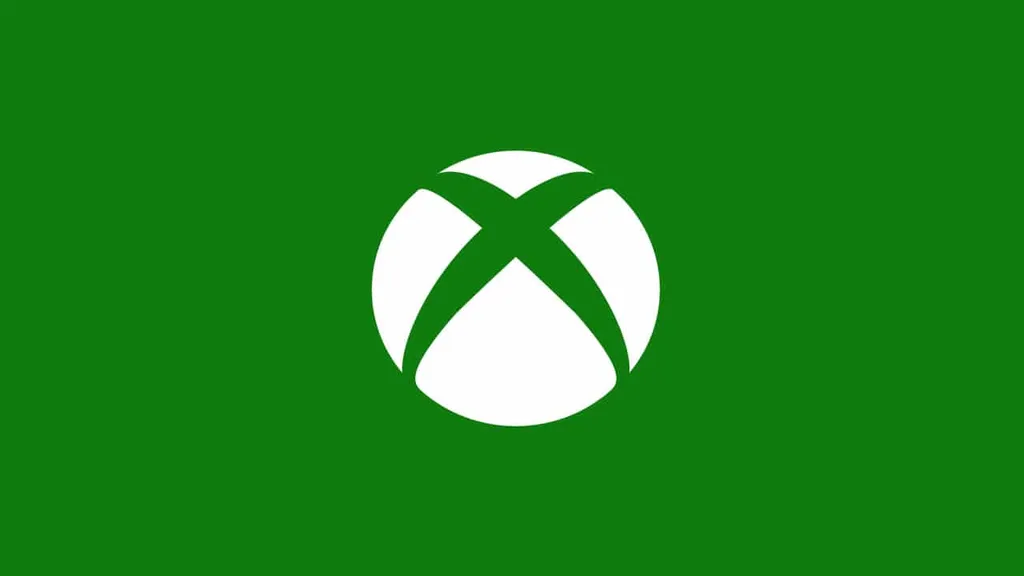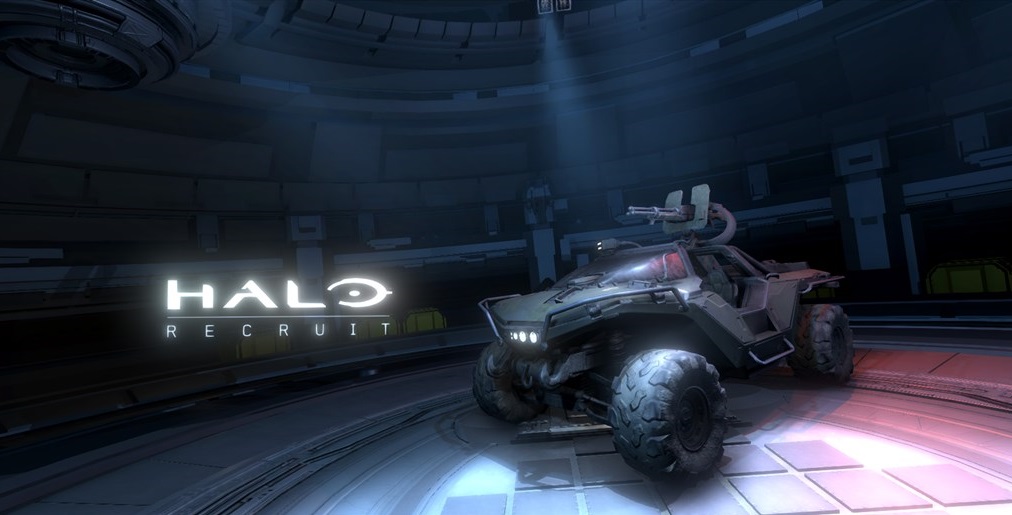Two years ago, I wrote that Microsoft was well-poised to lead the way in VR in the next-generation of consoles. Today, that statement rings truer than it did before but, frustratingly, Xbox VR seems further away than ever.
Xbox VR’s Troubled History
It’s been a bumpy road. Microsoft once promised VR support for Xbox One X, but it never materialized, with reports suggesting an Xbox One VR headset had been put on hold. This was in spite of the fact the company already had a VR reference design in use with partners on PC. It even got a Halo game even if it is a bit, well, crap. Not to mention that, as this generation began to wind down, it bought Ninja Theory and inXile, two studios with great VR games under their belts.
But as the Xbox One Series X and Series S have approached, Xbox has doubled down on its disinterest in VR, assuring that the new devices won’t support headsets at launch. A new Windows PC VR headset, the HP Reverb G2, is soon to launch with support for Microsoft Flight Simulator, but it’s not going to support Xbox. That makes yesterday’s bombshell announcement that Microsoft is acquiring Bethesda parent-company ZeniMax Media — and franchises like The Elder Scrolls, Fallout, Doom and Wolfenstein along with it — a little concerning for the VR fanbase.
Now more than ever, Microsoft possesses the software and hardware might to deliver a robust VR ecosystem, but such a thing appears far from the top of the priorities list. Under Xbox ownership, it’s a legitimate concern that we might not see another VR Elder Scrolls game for a long, long time. There is but one shred of hope; a February 2020 interview in which Head of Xbox Phil Spencer said he hopes VR becomes big enough to be a ‘no brainer’ for Xbox.
The ball, in other words, is in Facebook and Sony’s court.
Carrying The Torch
Even four years in with success stories becoming more and more frequent, the VR industry is still small fry. Tens of thousands of people tuned into last Wednesday’s Facebook Connect showing, a few hours before more than a million turned up for Sony’s PS5 event. But things are beginning to change; Facebook has seen encouraging signs of life in the original Oculus Quest headset, and it’s about to release a cheaper and all-round better successor. Sony’s PS5 arrives in November and is widely expected to follow suit with a new headset of its own sometime in the future.
Based on Spencer’s words, it’s up to these two new headsets to prove that the platform is worth its while. Quest 2 needs to keep building on its past success and churning out more stories like the 2-million selling Beat Saber, while PSVR 2 needs to continue to make the case that the wider developer ecosystem can have meaningful revenue impact by providing PSVR support in games like Hitman III and — hopefully — Resident Evil 8 and Gran Turismo 7.
It can happen. Facebook convinced Ubisoft to make exclusive Assassin’s Creed and Splinter Cell VR games (no doubt with a lot of money put on the table). EA is dropping in VR support for Star Wars: Squadrons next month. These are brand-new entries in three of gaming’s biggest franchises and signify a growing interest in the market. Sony, meanwhile, has the platform and expertise to help make the likes of Skyrim VR and No Man’s Sky VR happen. Together with Facebook, the pair could well make the case for Xbox VR support quite tidily in the next three or four years.
If anything, it’s now in Sony’s interests more than ever to help make VR happen. The prospect of PSVR 2 is quickly becoming one of the company’s key differentiators against Xbox as Microsoft aggressively pursues its Game Pass subscription service and continues to buy up studios. A fresh wave of big-budget titles either exclusive to its platform or only offering console VR support on PS5 could be a big get as the VR market continues to grow.
There’s still a big gap, though, between promising lifelines and an industry that’s a ‘no-brainer’ to support. We’re going to need to see not just an uptick in sales but a fundamental shift in the way we talk about VR, from the prospect of ‘will it really take off?’ to ‘remember when it took off?’. That could still be years off.
That’s my takeaway from yesterday’s news. The Elder Scrolls VI VR can still happen, Dishonored VR can (and should) still happen. But VR still has to prove itself before they become a distinct possibility. In some ways, it’s the same story it’s ever been. Keep pressing on, then.






























